Nanotubes made from sheets of zeolite promise to expand this material’s already extensive range of application.
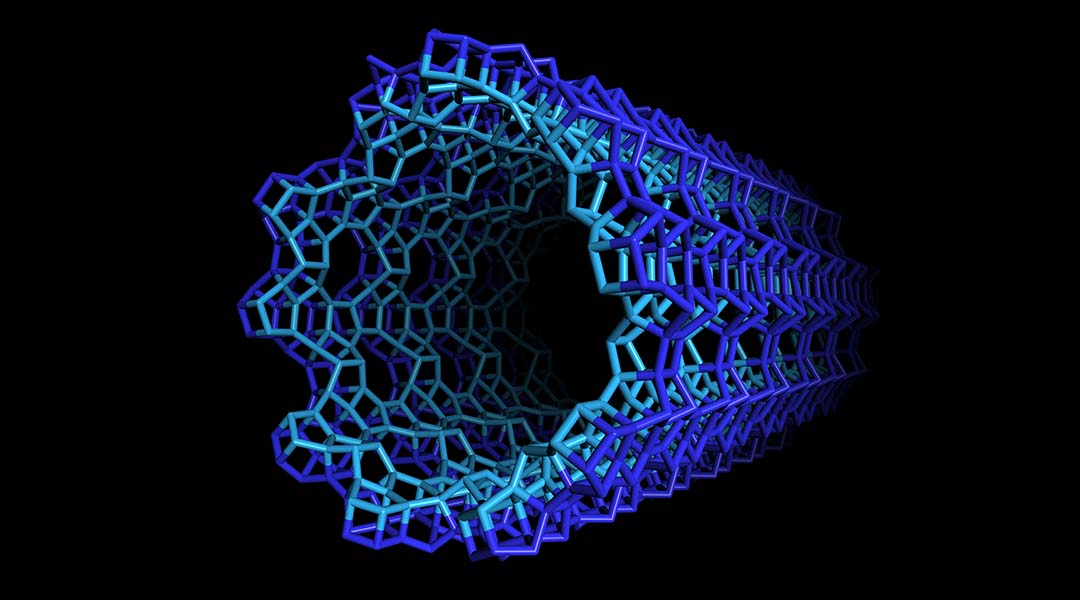

Nanotubes made from sheets of zeolite promise to expand this material’s already extensive range of application.
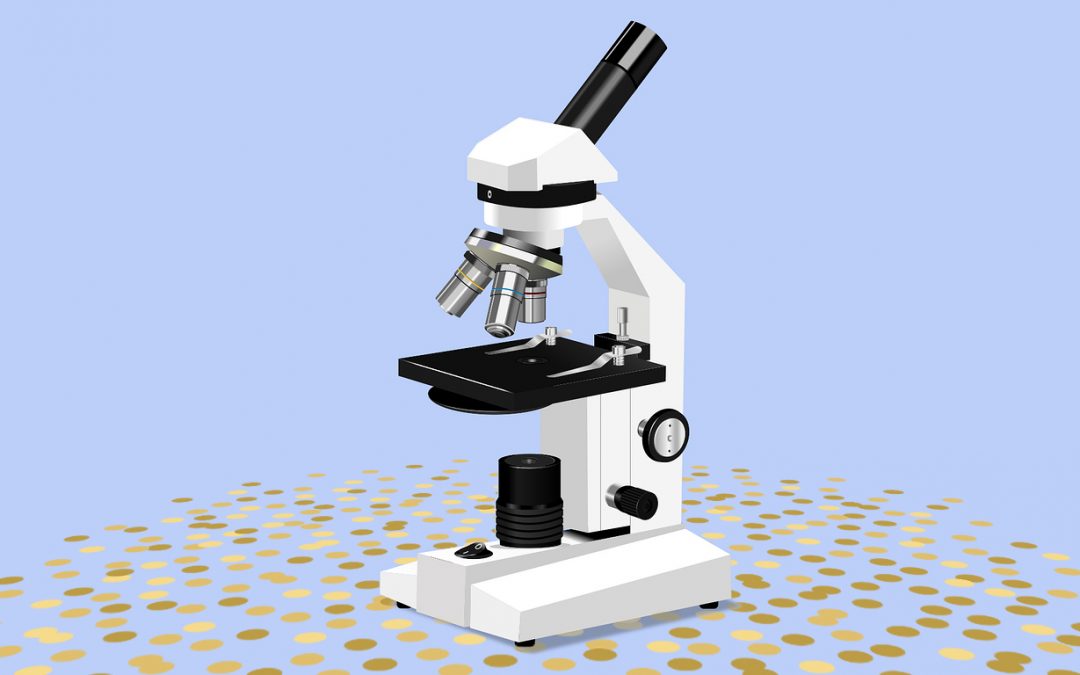
Catch up on some of the most exciting and impactful developments in science from this year, published on ASN and selected by our editors.
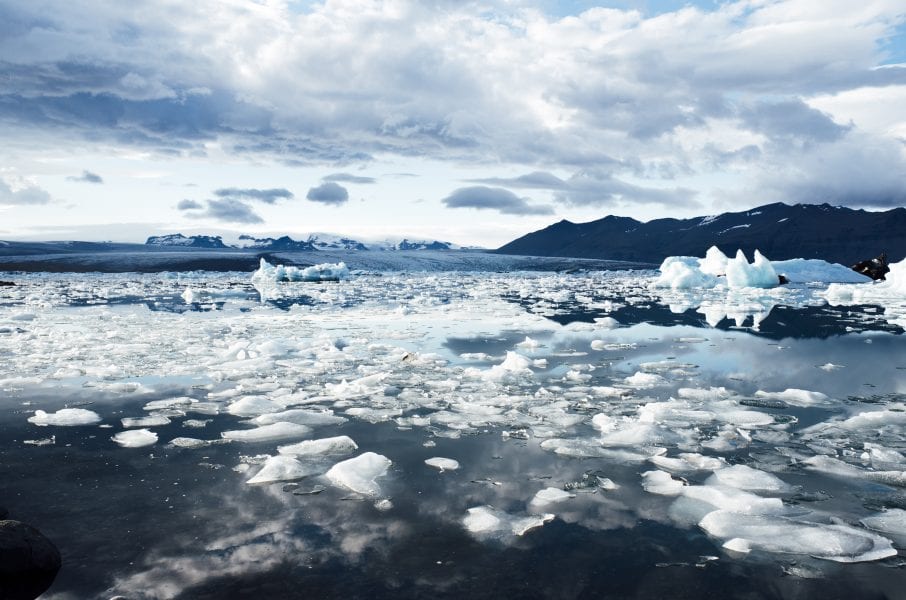
To address climate change, we need to reduce net anthropogenic greenhouse gas (GHG) emissions to zero as soon as possible; that is, hopefully by 2050 or so.
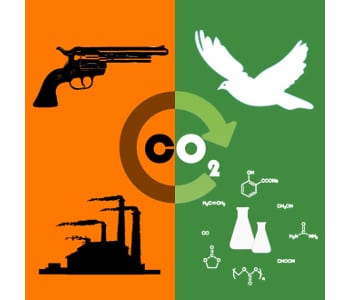
Professor Ozin asks the question; do we want war or peace with CO2?
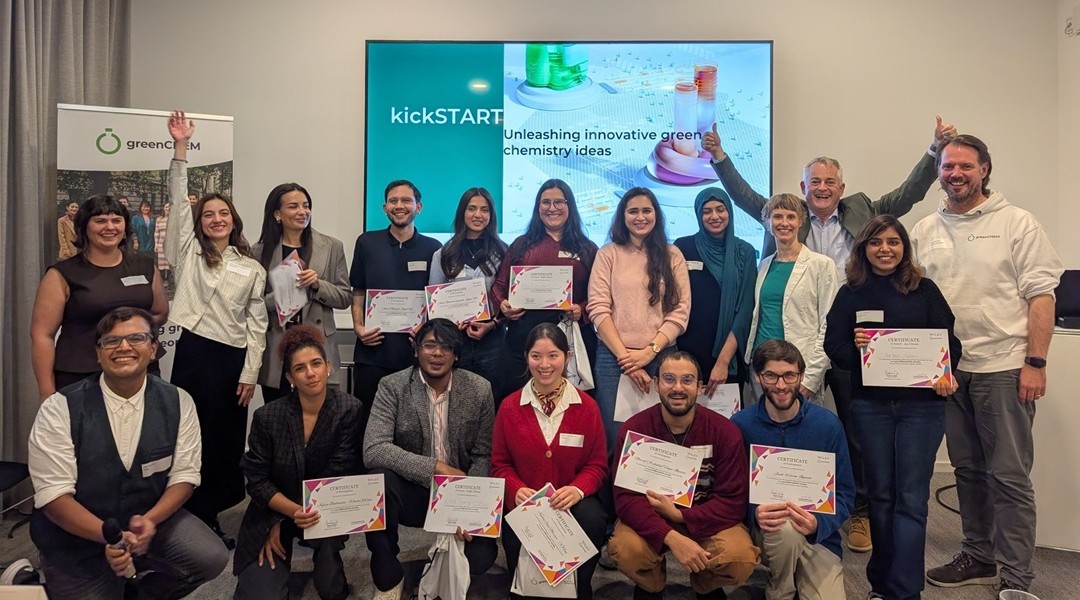
Young researchers promote the importance and industrial potential of green chemistry via the kickSTART project.
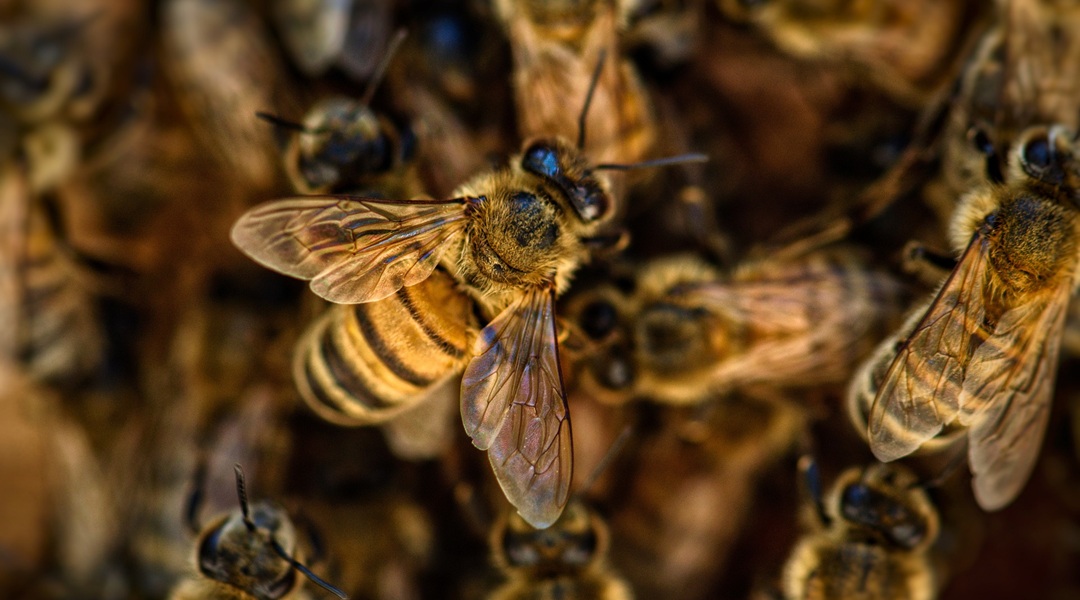
Honey bees more susceptible to heat are the first to initiate fanning behaviours that help the hive cool down.
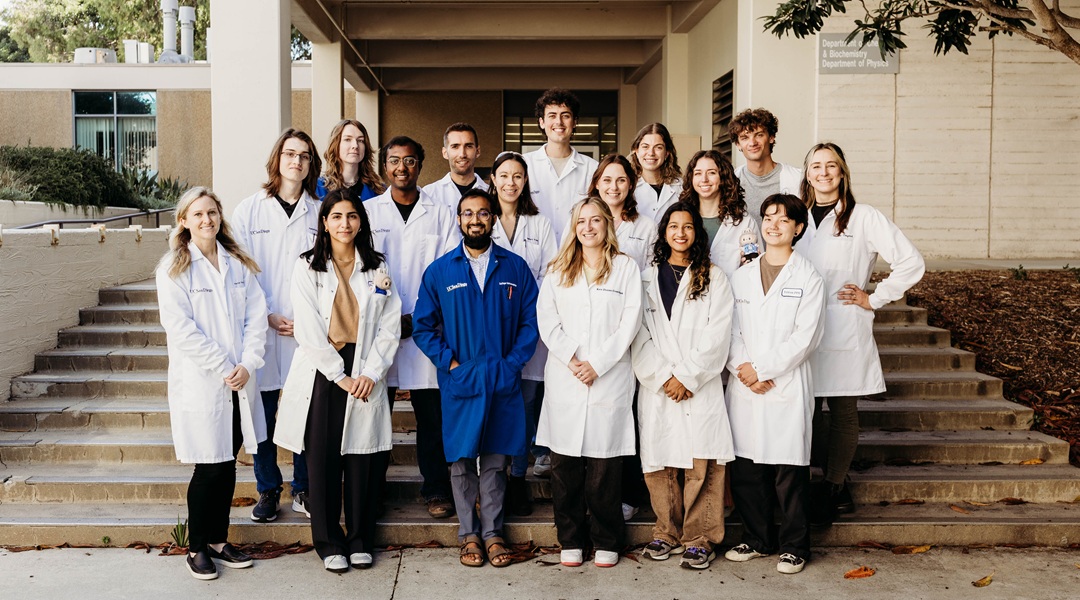
Young Innovator Awardee for 2025, Komor leads a group at UCSD developing precision genome editing methods using chemical biology.
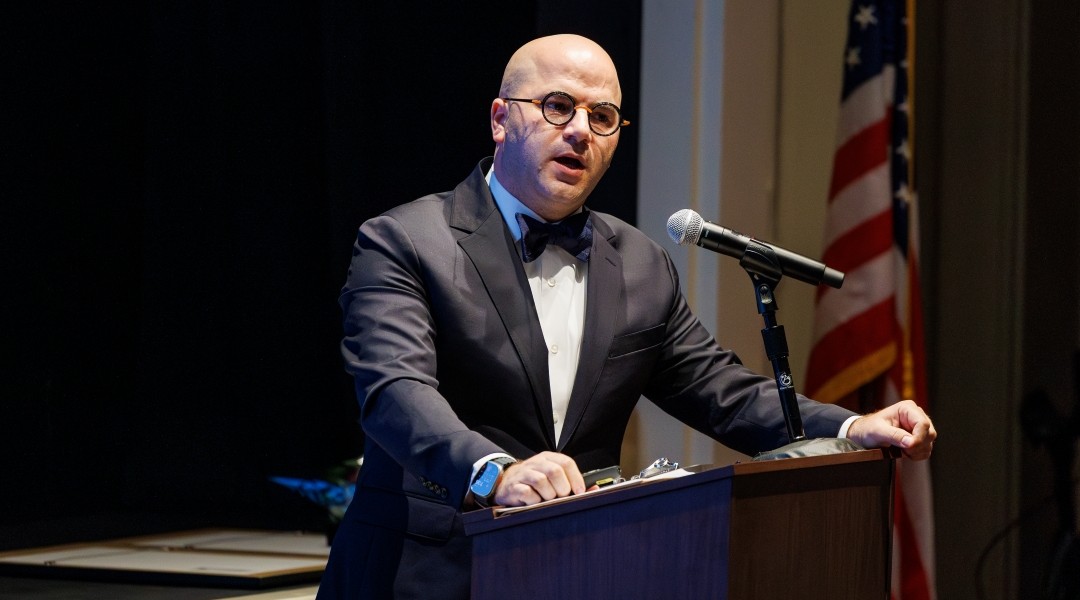
With FDA orphan drug approval secured, Amal and his team are preparing for phase 1 clinical trials of their small-molecule drugs in 2026.

The effects of aging on the human brain could be slowed down with the help of artificial intelligence.
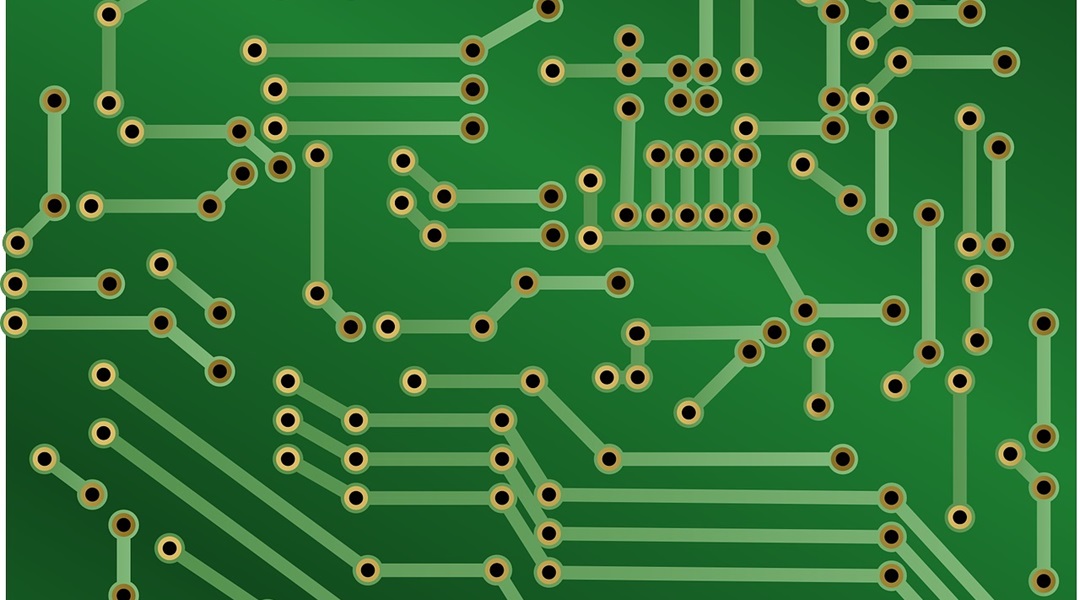
Edible electronics from non-toxic materials enable complex ingestible devices for healthcare and food monitoring.